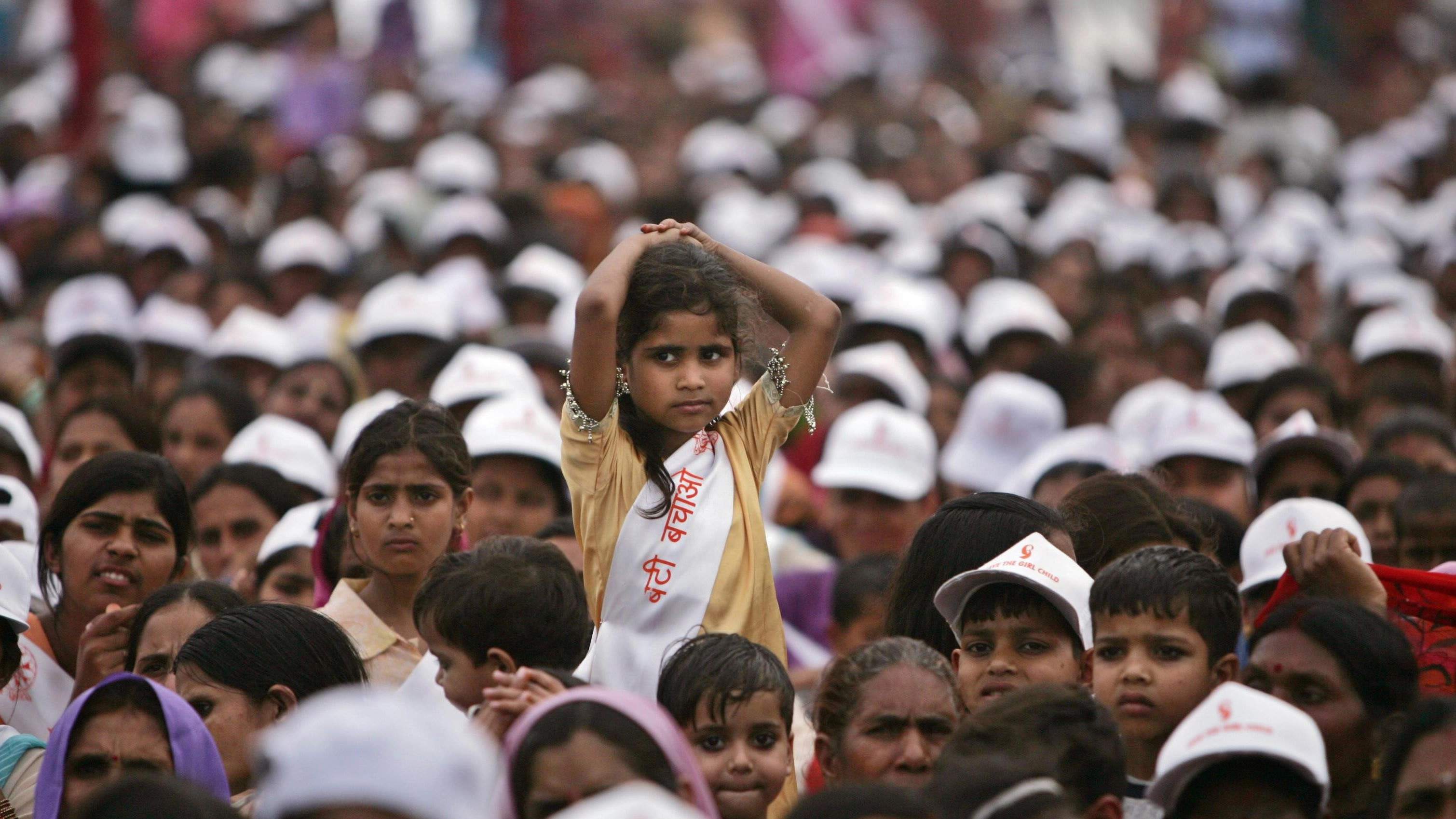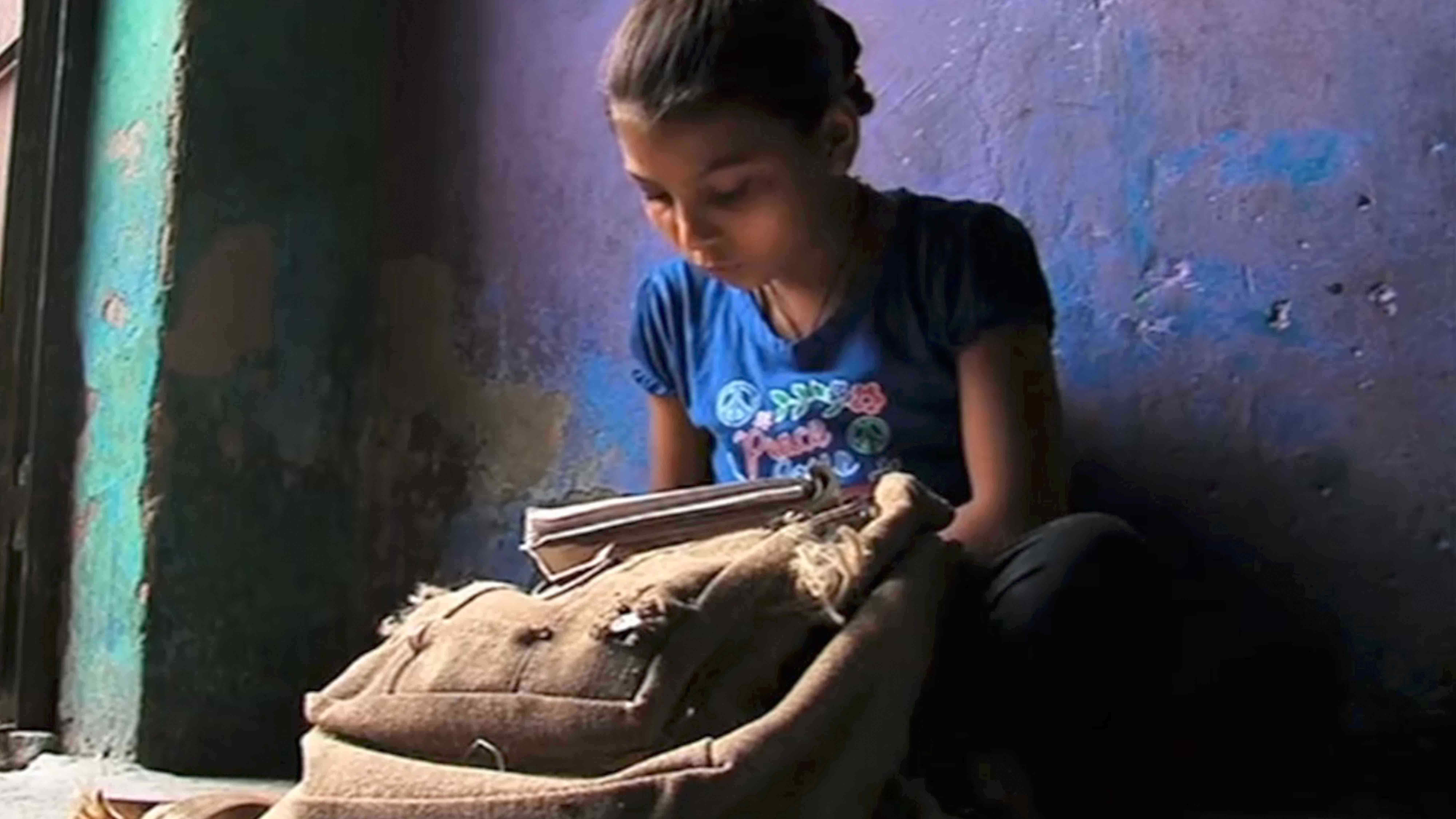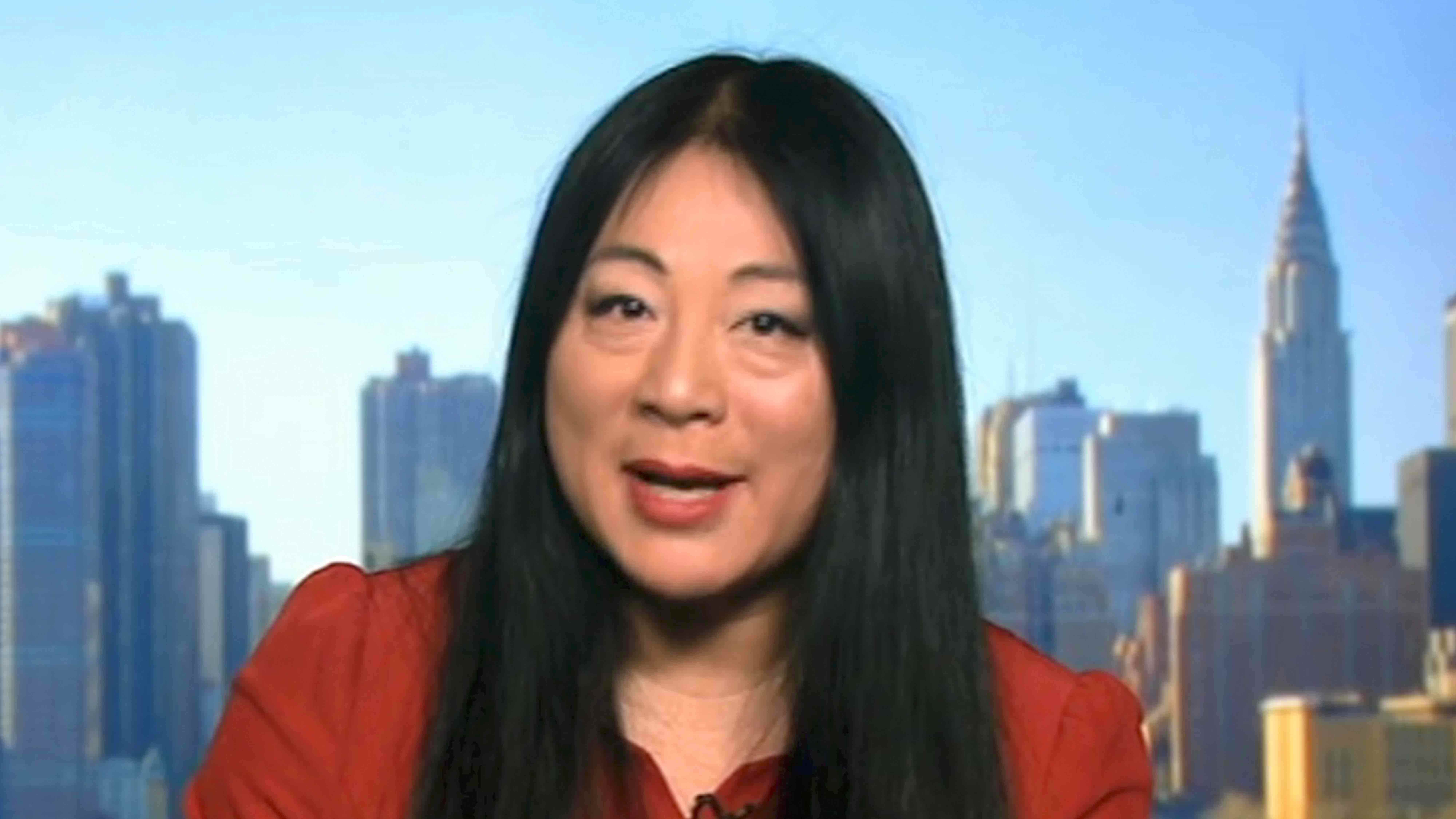
World
15:17, 06-Feb-2018
India has 21 million “unwanted” girls due to preference of a boy
CGTN

By CGTN’s The Point
In some regions of India, a daughter seems like an economic burden to the family, while a son is accepted as social insurance, an Indian expert said, which was recently reflected in an economic survey by the Indian government unveiling that millions of girls born in the country are “unwanted.”
As many couples continue to keep giving birth until a boy is born, this strategy has led the country to have 21 million girls who are “notionally unwanted,” according to the Economic Survey 2017-18 states.

“There is a practice of dowry,” Atul Aneja, China correspondent of the Indian paper The Hindu, explained on CGTN’s The Point (@thepointwithlx). “When the woman is to be married, then her family will pay a number [a certain amount] of money.”
The dowry system in India is thought to put a great financial burden on the bride’s family. In some cases, the dowry practice leads to violent crimes against women.
“If you empower the son, then he gets a good job and supports the income,” Aneja compared, saying that having a son is a way of inheriting "leverage" of taking care of the parents once they get old.
These traditional mindsets have made India one of the worst sex ratios of men to women, in the world, according to the World Health Organization. In the book titled Half the Sky: Turning Oppression into Opportunities for Women Worldwide, by authors and Pulitzer Prize winners Nicholas Kristof and Sheryl WuDunn, they detailed sex-selective infanticide in the developing world, with a focus on India, Pakistan and China.

“Girl was always not the choice of the Chinese family,” Joanne Cheng, a film critic and filmmaker, referred to China’s cultural similarities to India regarding the son preference.
After relaxing its one-child policy a few years ago, China has been seen making “great progress” in representing opportunities for women, she said. Aneja added that many iconic women - including politicians and social models are playing significant roles in pushing the women freedom movement across the country.
“The sentiment has changed, and the momentum has shifted,” Aneja said with confidence, arguing that the globalization has provided opportunities to women who are “aiming for the sky.”
The Point with Liu Xin is a 30-minute current affairs program on CGTN. It airs weekdays at 9.30 p.m. BJT (1330GMT), with rebroadcasts at 5.30 a.m. (2130GMT) and 10.30 a.m. (0230GMT).

SITEMAP
Copyright © 2018 CGTN. Beijing ICP prepared NO.16065310-3
Copyright © 2018 CGTN. Beijing ICP prepared NO.16065310-3